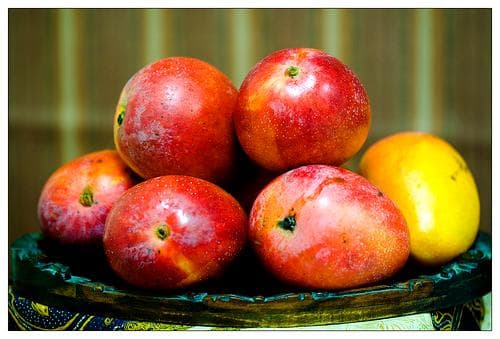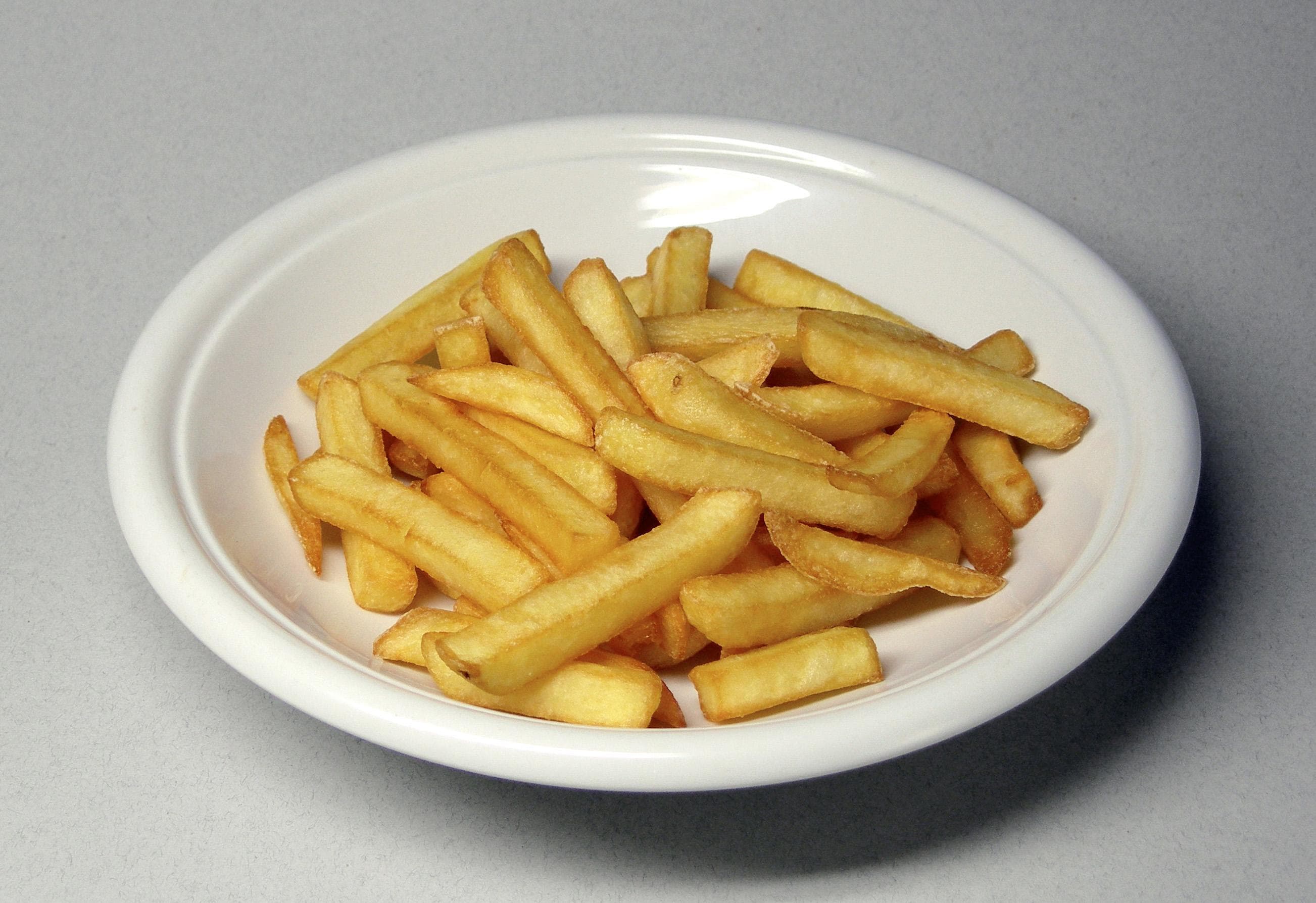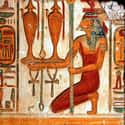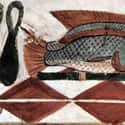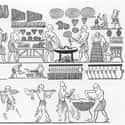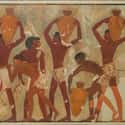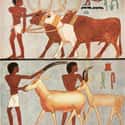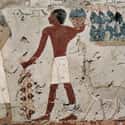-
(#5) They Made Wine Out Of Anything They Could Get Their Hands On
Once the basic process of making wine was discovered, it was a simple matter to start making wine out of any fruit with sufficient sugar or starch, and the Egyptians dove into winemaking with enthusiasm. Palm wine (made from the fermented sap of palm trees) was not only consumed, but it was also used as a cleanser during the embalming process.
The ancient Egyptian fascination with wines didn't stop there, however. Pomegranates, poppy seeds, carob trees, and the fruit of the pekha tree were all fermented and used to produce wines.
-
(#9) Some Fish Were Considered Sacred, While Others Were Deemed Unclean
It's difficult to summarize the attitudes of ancient Egyptians on any one subject because the empire lasted for so long, was divided into so many periods and dynasties, and consisted of so many different people in vast geographical areas, each with their own religious and cultural attitudes. Nowhere is this more evident than in the ancient Egyptians’ view of fish.
Due to some religious connection between certain species of fish and certain gods, like Set, certain fish were considered sacred or unholy, clean or unclean, fit for the wealthy or only fit for the poor. This is further complicated by the Nile's array of aquatic life.
From the Greek historian Herodotus, we know the eel was sacred in the Late Kingdom, as were tilapia, carp, and some kinds of perch. It's unclear exactly how this worship was expressed, although numerous fish were identified with particular deities.
-
(#6) Bread Was A Symbol Of Hospitality And A Frequent Spiritual Offering
In some ways, the ancient Egyptian moral universe was similar to many of today's religions: good deeds were rewarded in the afterlife. Many wealthy Egyptians made public demonstrations of their charity, often by giving away bread to the poor. Indeed, bread was a symbol of hospitality, in terms of both charity and spiritual offerings.
Upon passing, the ancient Egyptian's ka (roughly analogous to the modern idea of the soul), continued to the afterlife. To ensure continued existence and ease of passage, though, regular food offerings were made at the tombs of the departed; or in the case of the pharaohs, to the monuments and statues they erected. This was taken so seriously that offerings were withheld from lawbreakers and sinners as a form of punishment.
-
(#4) The Egyptians Both Produced And Imported Large Amounts Of Wine
Though there isn’t conclusive evidence to prove the origins of wine in ancient Egypt, historians believe the product was imported to the kingdom before 3000 BCE, and then quickly became a major agricultural product. While some wine was brought in from communities in Canaan and Mesopotamia, the ancient Egyptians produced a variety of wines, each with specific qualities.
Roman writers would later describe such Egyptian vintages as follows:
The white Mareotic from the Alexandrine region, pleasant, fragrant, diuretic.
The pale and somewhat oily Taeniotic, aromatic, superior to the Mareotic, mildly astringent.
The Thebaid, easily digested and suitable for fever patients.
The Sebennys, blended from various kinds of grape, among them the sweet Thasian which was known as a laxative.
-
(#8) They Domesticated And Ate Whatever Meat Was Available To Them
As with most ancient societies, meat was a luxury predominately enjoyed by the rich. While the lush Nile Delta had its fair share of game, most of the meat eaten by the ancient Egyptians was from various forms of domesticated livestock, including goat, sheep, cow, and oryx antelopes. Also, meat was used as an offering, both at temples and interment services.
If not served immediately, meat was preserved in a wide variety of manners, including salting, brining, drying, smoking, and making pemmican, a fat and protein mixture.
-
(#11) Onions Had A Special Spiritual Significance
Onions have a rich and diverse history, both as a food and as a metaphor in literary and spiritual texts. For the ancient Egyptians, the onion was sacred. While it was traded and consumed as a foodstuff, it was also seen as an important metaphor, with its concentric rings symbolizing the infinite circles of eternal life.
As such, it's not surprising that onions were involved in many religious and funerary rituals. They were painted on the inner walls of the pyramids, they were left on the altars of the perished, and there is even evidence the entombed Pharaoh Ramses IV had onions placed in his eye sockets as symbols of eternal life.
New Random Displays Display All By Ranking
About This Tool
The food history of ancient Egypt covers more than 3000 years, but the main characteristics of this food culture have remained unchanged until the Greco-Roman era. In ancient Egypt, whether rich or poor, the most common foods were bread and beer, accompanied by green sprouts onions, and other vegetables. For geographical reasons, ancient Egypt planted barley and wheat, which could be made into bread and beer. Ancient Egyptian foods played an important role in the development of food culture.
Most of the information about ancient Egyptian foods comes from pictures on the walls of tombs. We collected random 15 information about the foods that ancient Egyptians actually eat here.
Our data comes from Ranker, If you want to participate in the ranking of items displayed on this page, please click here.

